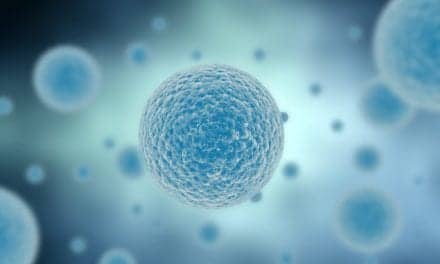Researchers at UT Southwestern Medical Center have identified a protein that is key to the development of small cell lung cancer and that, when deleted in the lungs of mice, can prevent the cancer from forming. The findings of the study identify ASCL1 as an important therapeutic target for small cell lung cancer, according to a UT Southwestern Medical Center news release. Senior author of the study Dr Jane E. Johnson explains, “We used a genetically engineered mouse model that develops human-like small cell lung cancer and identified two regulatory pathways that in turn revealed vulnerabilities in this cancer.”

Dr Jane Johnson and Dr Melanie Cobb of the University of Texas Southwestern. Photo Credit: UT Southwestern Medical Center
The team of researchers determined that the ASCL1 protein found in most small cell lung cancer tumors is required for formation of the disease. When ASCL1 was deleted in the lungs of mice genetically engineered to develop small cell lung cancer, the loss prevented development of the cancer. In addition, the research team was able to differentiate between the tumor-promoting function of ASCL1 and a related protein, NEUROD1, in small cell lung cancer.
The UT Southwestern Medical Center news release notes that some small cell lung cancers expressed ASCL1 whereas others expressed NEUROD1, and although the two genes regulate different processes in the cells, both appear to control genes that are important in driving this cancer.
Dr John D. Minna says, “Small cell lung cancer is a devastating disease that is diagnosed in 30,000 people a year in the U.S. and accounts for roughly 15% of lung cancer cases. Most patients survive one year or less and therapy has not changed significantly in 30 years. Our work shows the possibility of developing entirely new types of targeted therapies for small cell lung cancer by focusing on ASCL1.”
Source: UT Southwestern Medical Center










